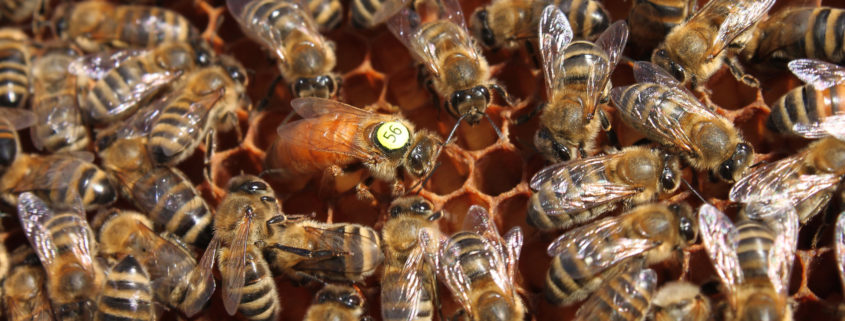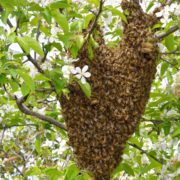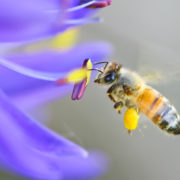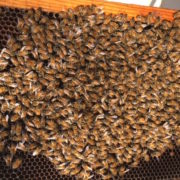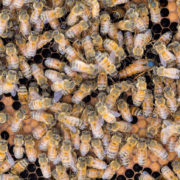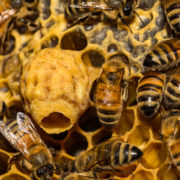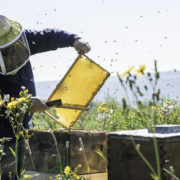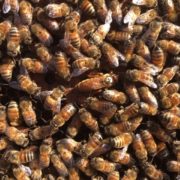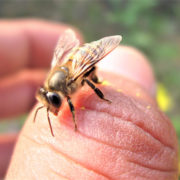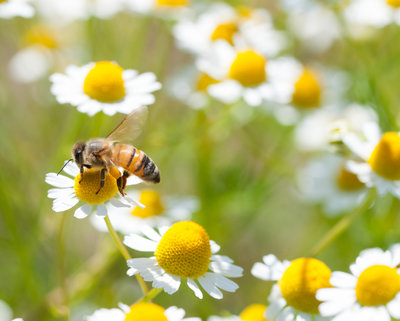Races of Honeybees
Beekeeping is one of those endeavors where we beekeepers commonly distinguish the different races that make up the world of honeybees. As human beings, we are quite familiar with the concept of race. However, it is not often that we consider race as a component of other species.
Race is typically defined as a grouping of similar physical traits and ancestry. Honeybees, being social creatures from around the globe, have evolved into various races, each of which contain their own distinct physical and ancestral characteristics. Often, these races show apparent behavioral characteristics as well. For example, the Italian honeybees are known for their light color and generally docile behavior; whereas Russian honeybees are known for their dark color and their ability to winter in cold climates.
The most familiar races of honeybees, along with their common characteristics are:
– Italian: known for light color, gentle behavior, rapid buildup and high brood production
– Carniolan: known for dark color, gentle behavior, and ability to conserve their food stores
– African: known for their aggressive temperament and high propensity to swarm
– Caucasian: known for their grey color, low propensity to swarm, and high propolis production
– Russian: known for their black color, natural mite resistance, and overwintering prowess
Lucky for us beekeepers, honeybees are seemingly unaffected by having multiple races within a hive. For example, when an Carniolan colony is requeened with an Italian queen bee, the beehive will gradually become lighter and more golden as more of the Italian bees take the place of their Carniolan sisters. The colony never seems to mind the disparity of the races within it, and temporarily becomes a mixed-race bee society. The Italian honeybees work right alongside their Carniolan sisters, yellow and black together in harmony, seemingly with no strife or even the slightest concern over racial differences. It just goes to show that, once again, perhaps humans could learn a thing or two from honeybees and Mother Nature!

